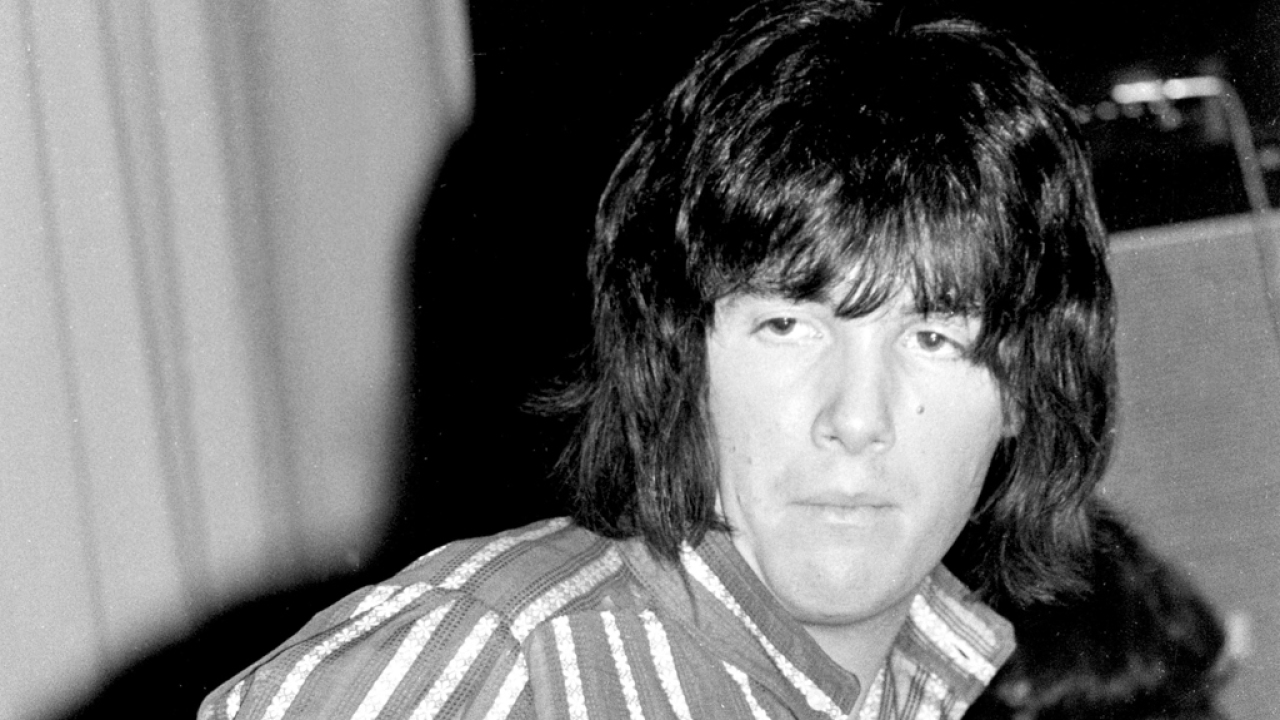On April 18, Lou Reed, Green Day, Ringo Starr, Joan Jett and others will be inducted into the Rock And Roll Hall Of Fame, joining everyone from The Beatles, the Stones, Led Zeppelin, Pink Floyd and The Who to Kiss, Metallica, ZZ Top and, er, ABBA. But what about all the bands this US institution has overlooked, ignored or wilfully snubbed over the years? The giants and innovators of rock, prog, punk, blues and more who weren’t deemed important enough, cool enough or American enough to warrant entry through those hallowed portals. Nearly 50 years after forming, Deep Purple are the greatest band not to be in the official Hall Of Fame. They are one of a diminishing handful of bands who formed in the late 60s who are still active today, who are not content to rest on their laurels and who still exist in a meaningful and creative way. While many of their peers are content to play the chicken-in-a-basket circuit – their tour posters emblazoned with monochrome mug shots of how they looked back in their bushy-tailed heyday – Purple have matured like a fine, expensive wine (a Sweet Burgundy, as their former guitarist, the late, great Tommy Bolin, might have it). From 1968’s Shades Of Deep Purple to 2013’s NOW What?!, Purple’s passage through time resembles a mountain range of breathtaking highs and turbid lows. On the next several pages, via a series of interviews with every key member past and present, we celebrate Purple’s extraordinary, multi-decade career. We highlight the radically different personalities of the musicians who have impacted on the band, and marvel at how these contradicting characters were able to gel musically. We examine the mysterious – and occasionally devious – workings of this at times most volatile of bands. We analyse the contributions of alleged bit-part players including Nick Simper, Joe Lynn Turner and the aforementioned Bolin. Plus much more besides. This is Deep Purple dissected, deconstructed and laid bare. (Oh, and we only mention Smoke On The Water once.)
How did your relationship with Jon Lord help you join the embryonic Purple?
I was working with Jon in the Flower Pot Men and we’d gotten pretty close. Previous to that I’d been playing with Ritchie Blackmore and drummer Carlo Little in a band that didn’t come off. We were making good money with the Flower Pot Men, but Jon said: “Would you give this up so we can do our own thing?” Give up very good money and go back to a basic twenty-five pounds a week. I said yes straight away. No question. Because I knew the talent involved. The icing on the cake, for me, was [original drummer] Bobby Woodman. Sadly, Bobby didn’t see the potential the way the rest of us did.
What was Purple’s original game plan?
We didn’t really know what we were doing. All we knew was it was going to be different. In the case of me and Jon, we’d seen Vanilla Fudge and we thought, wow, that’s so different and so exciting, we’d like to do something like that. We didn’t exactly want to copy them, but they inspired us.
Purple Mk I lasted only a little over a year, which is remarkable considering you released three albums and played tons of shows.** **
It was an electric time for us. We just felt something was going to happen. But we were frightened to do it in England first of all. We thought people were going to laugh at us, or just dismiss us. So we went to Denmark. And then Hush hit big in the States. A lot of people thought we were an American band, so we didn’t really break through in England.
Purple’s first three albums are quite ‘schizophrenic’.
There was no time given to us to ever forge a musical style or policy. The pressure was so intense it was unbelievable. We were driven to death by the guys with the whips behind us.
What caused the dissolution of Purple Mk I in 1969? Did you see it coming?
No, I didn’t. Jon was my best pal, and Ritchie was just a regular guy who was glad to get a break. But there were problems with the management. I didn’t see eye-to-eye with them; we were being bulldozed into doing things we didn’t want to do. Somebody actually told me: “Oh, they’re going to replace you with a guy called Roger Glover.” I knew Roger, and I said: “No, that ain’t going to happen.” But it did [laughs].
Did they explain why Roger was replacing you?
I went to collect some of my stuff, and the first thing Ritchie said to me was: “He’s not as good as you.” I said: “So why am I being replaced by him?” Ritchie replied: “Well, he just kind of turned up at a rehearsal and that was it.” Any respect I had for him went out the window.
You’re sixty-nine years old now and still performing.
Over the past few years I’ve been going all over Europe with an Austrian band, Nasty Habits, playing Mark One material. We play Hush, Emmaretta… We had to do a lot of work to get it right. I didn’t realise quite how complex it was [laughs].

